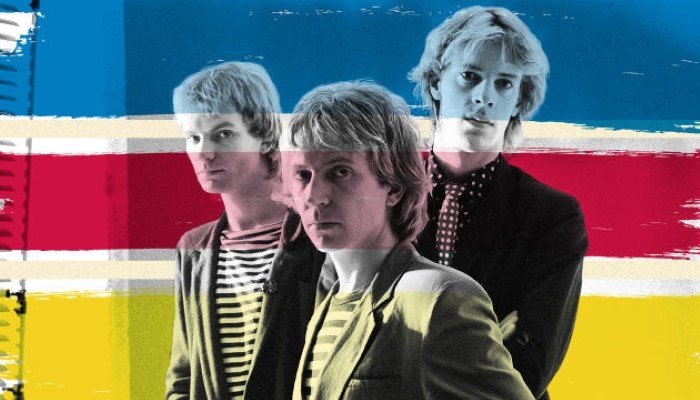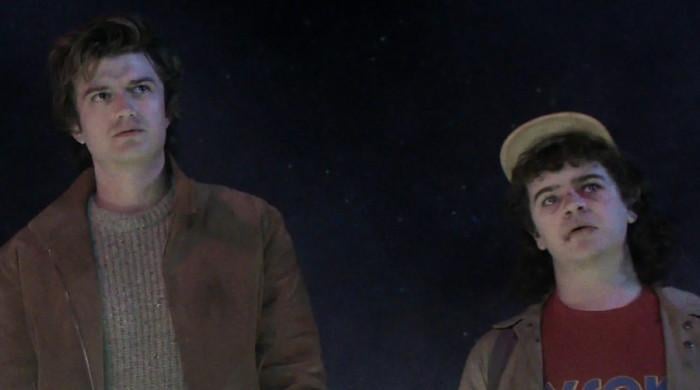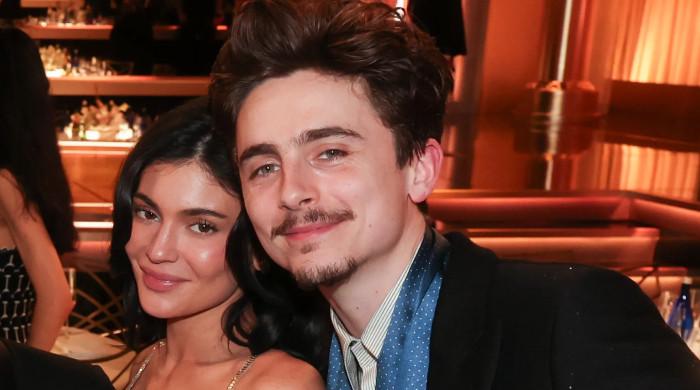The Police: Uncovering the band's mysterious departure from the spotlight
The Police, hailed as the 'biggest band in the world,' left fans bewildered as they disbanded mysteriously
June 16, 2023

The Police's final album, Synchronicity, released 40 years ago, propelled the band to new heights of success. Selling 10 million copies worldwide and producing three top 10 singles, including the chart-topping hit "Every Breath You Take," the album solidified their place in music history. Synchronicity received critical acclaim, winning three Grammy Awards and earning a spot in both the Grammy Hall of Fame and the Library of Congress's National Recording Registry. At the time, the BBC even declared the Police the "biggest band in the world."
Reflecting on their fame, guitarist Andy Summers compares their popularity to that of the Beatles, stating, "We were all over the world. We were highly recognized and, you know, it was crazy." Summers acknowledges the enduring presence of their songs, particularly "Every Breath You Take," which remains one of the most-played songs on American radio.
However, shortly after the release of Synchronicity, the Police disbanded without any formal announcement, leaving fans puzzled. Summers explains that lead vocalist and bassist Sting felt he could pursue a solo career and didn't need the band anymore. While the decision seemed appealing at the time, it was devastating for the other band members. Instead of announcing the end of the Police, their manager, Miles Copeland, wanted to keep it quiet. The silence lasted for about a year until Summers couldn't bear lying anymore and openly stated that the band had broken up.
Following the completion of their Synchronicity tour in March 1984, the band members pursued individual projects. Sting released his solo debut album, The Dream of the Blue Turtles, while drummer Stewart Copeland focused on his world music album/film project, The Rhythmatist, and Summers collaborated with Robert Fripp on a second record. Although attempts were made to reunite the band, they were unsuccessful and, as Summers describes it, "pathetic."
Summers reflects on the band's early days, their struggles in London's punk scene, and their eventual breakthrough. He admits that the Police couldn't truly embody the punk movement and were more recognized for their technical proficiency. As punk waned, the Police found their place and experienced a breakthrough moment during a performance in Bath, England. They captivated the audience, and from there, their success skyrocketed.
By the time the Police embarked on their final album, Synchronicity, they had become a successful arena act. Although rumors circulated about tensions within the band during the album's recording, Summers emphasizes that they were always musically in sync. He dismisses the notion that they hated each other and credits their different personalities for creating a unique and dynamic sound that resonated with audiences.
Summers also addresses the Police's reunion in 2007, which proved to be an incredibly successful tour both commercially and personally. While adjusting to life after the band's extreme fame was initially challenging, the reunion allowed Summers to find closure. He describes the experience as more enjoyable and less dramatic, highlighting the band's improved musicianship and the advancements in technology since their early days.
As Summers prepares for his upcoming tour, which incorporates his music, fiction writing, and photography, he reflects on the Police's legacy. He dismisses claims of animosity within the band, urging people not to believe tabloid headlines. Summers recognizes that their shared past and the incredible success they achieved together will always be a significant part of their lives.
Police's final album, Synchronicity, marked a pinnacle of their success before the band disbanded. Despite rumors of tension, guitarist Andy Summers emphasizes the band's musical compatibility and camaraderie.
The 2007 reunion tour provided closure for Summers and showcased the band's continued musical prowess. The Police's legacy as one of the greatest rock acts end.









